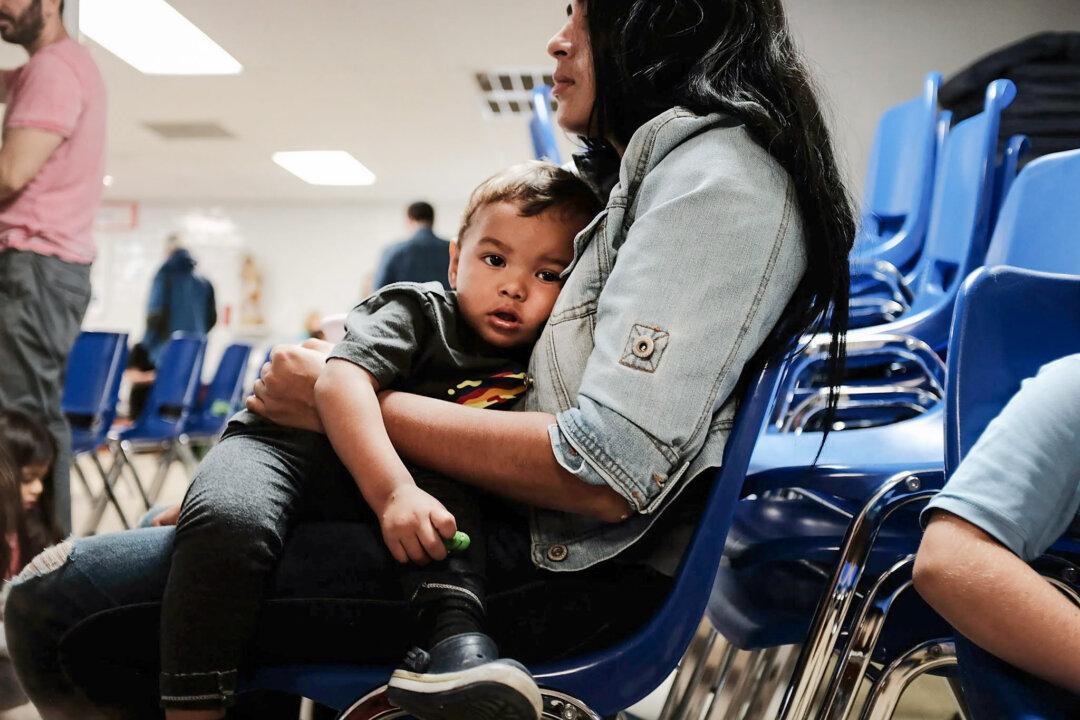A Texas federal judge has temporarily paused the Biden administration’s Keeping Families Together parole process, which would allow illegal immigrant spouses of U.S. citizens a path to citizenship, while a legal challenge plays out.
Under the Department of Homeland Security policy, which has already started taking applications, spouses of U.S. citizens without legal status can apply for permission to stay in the country, known as “parole in place.” If granted, they can then apply for a green card and move toward full citizenship if certain requirements are met.





